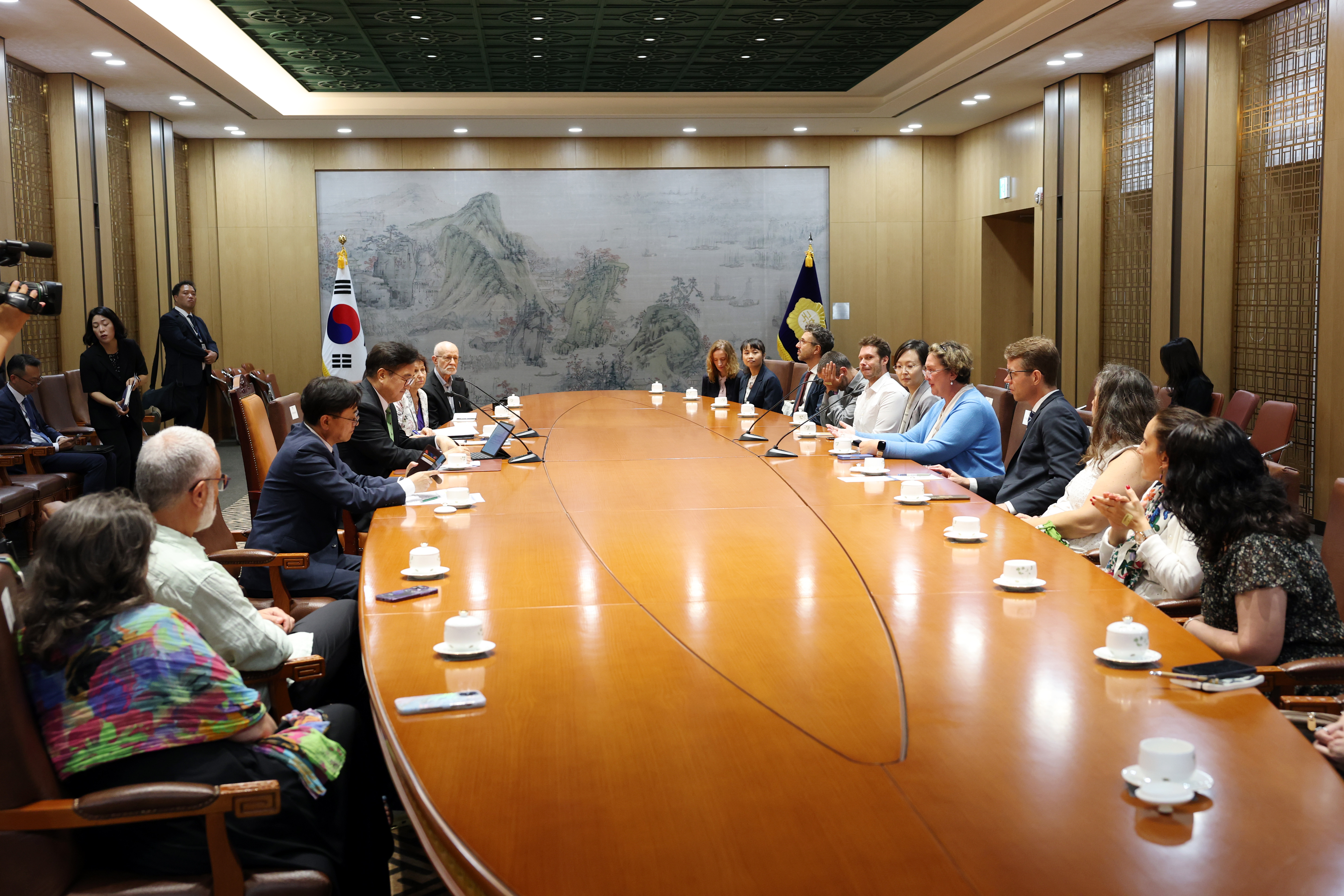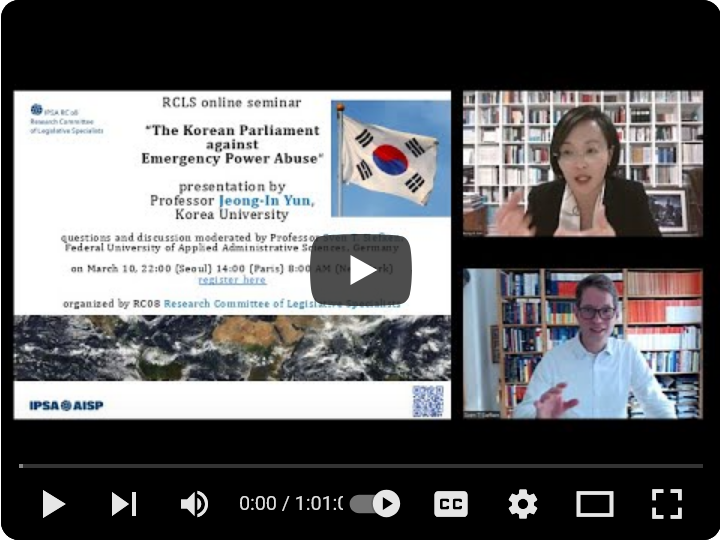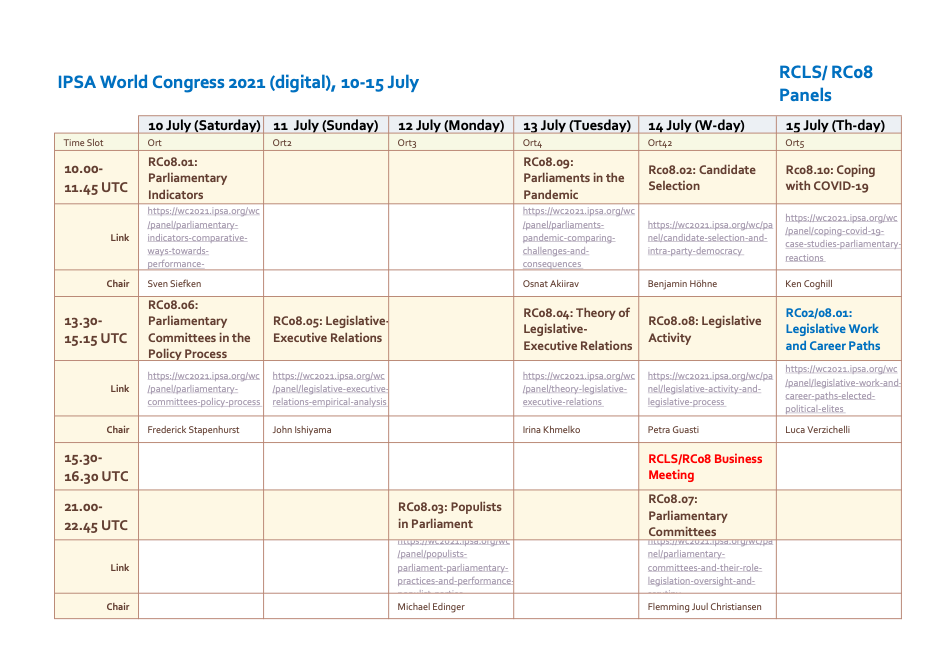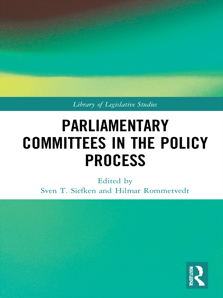Our beloved colleague, Dave Olson, has passed away. He cherished our RC08, IPSA very much. He was proud of the work of the committee, and, more importantly, he felt so fortunate to have worked with and known so many of our members! He especially loved our meetings in person, where we combined work and pleasure with our traditional RCLS dinners.
Our RCLS is strong and, according to what Dave told me during our last conversation, is the most active and productive that he could have imagined us ever being. He was certainly happy with where we are now and where we are going with our work.
We will continue the best traditions that started under Dave’s leadership and add more as we go forward to respond to the needs of new times. We will continue producing high-quality research. Further, we will continue our work on bringing academics and practitioners together. We will also continue creating opportunities for our established scholars to lead and raise new generations of scholars who will continue producing high-quality research.
I am deeply saddened by this news, but I know that Dave will always be a part of our group in our hearts, mind, and our work. See below, please, words from some of our colleagues who knew Dave very well and some pictures that our members shared.
Dr. Irina Khmelko (Chair, RC08, IPSA)






 e check out the latest issue of
e check out the latest issue of 


